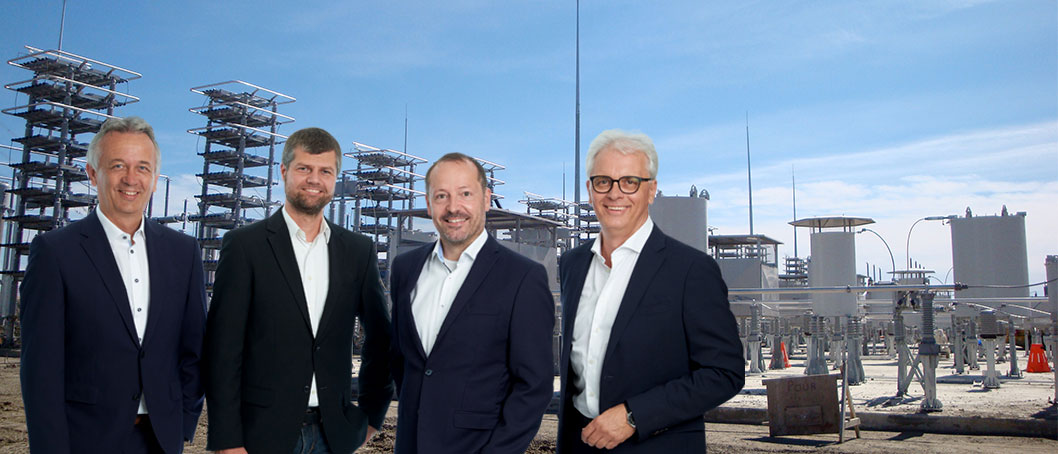The aim of the energy transition is to achieve a secure, economical and environmentally friendly energy supply. Decentralized energy supply is an important part of this energy transition.
As part of the "H2-GeNeSiS" model project, a hydrogen pipeline is to be built along the Neckar between the port of Stuttgart and Esslingen. The hydrogen pipeline will act as a distribution and transportation network for hydrogen. It will form the basis of the green hydrogen economy in the Stuttgart region. Producers and users of green hydrogen are to be settled along the pipeline.
INP Deutschland has been commissioned by Stadtwerke Stuttgart as A/E (architect engineer) for the construction of an electrolysis plant for the production of green hydrogen with feed-in into the hydrogen pipeline. An electrolysis plant with a total output of 10 MWel is to be built. In addition, an alkaline electrolyzer prototype "Made in Baden-Württemberg" from ZSW (Center for Solar Energy and Hydrogen Research Baden-Württemberg) will be temporarily integrated on the site of the electrolysis plant.
As A/E, INP is supporting Stadtwerke Stuttgart with the selection of components for the electrolysis plant. For this purpose, an evaluation matrix was created for each of the most important components (electrolyzers, battery storage, hydrogen booster pumps and hydrogen filling stations).
The green hydrogen produced is to be fed into the hydrogen pipeline as well as into trailer tanks.
No personnel are required on site. The electrolysis plant is monitored and controlled in a central control room at Stadtwerke Stuttgart.
As A/E, INP Deutschland is also responsible for the necessary construction, fire protection and approval measures as well as for the technical building services, for the supply of electricity and water and for waste water disposal. The planning for the hydrogen distribution / piping is also part of the contract.
INP is currently in the design and approval planning phase. The electrolysis plant is scheduled to go into operation in 2026.






 @
@

